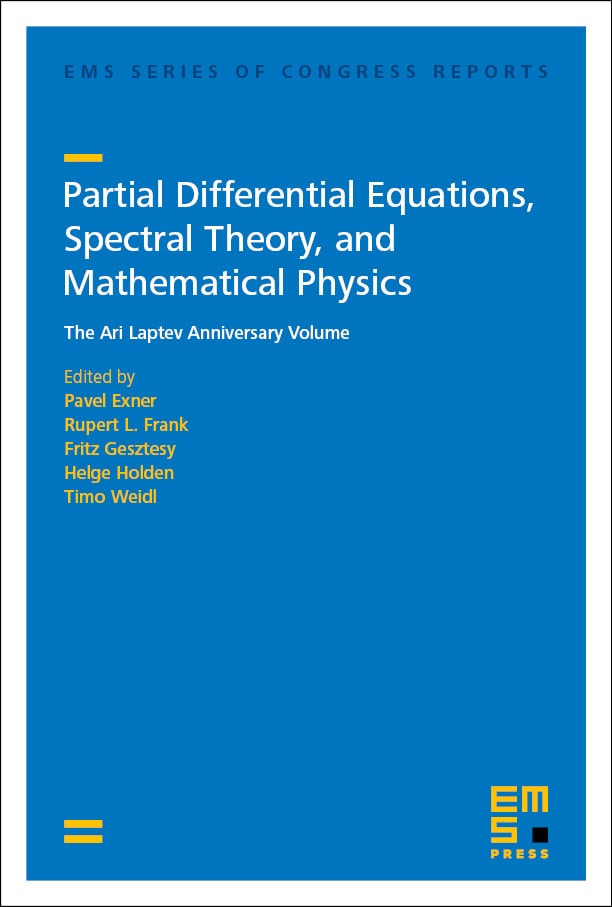Homogenization of the higher-order Schrödinger-type equations with periodic coefficients
Tatiana A. Suslina
St. Petersburg State University, Russian Federation

A subscription is required to access this book chapter.
Abstract
In , we consider a matrix strongly elliptic differential operator of order , . The operator is given by , , where is a periodic, bounded, and positive definite matrix-valued function, and is a homogeneous differential operator of order . We prove that, for fixed and , the operator exponential converges to in the norm of operators acting from the Sobolev space (with a suitable ) into . Here is the effective operator. Sharp-order error estimate is obtained. The results are applied to homogenization of the Cauchy problem for the Schrödinger-type equation , .